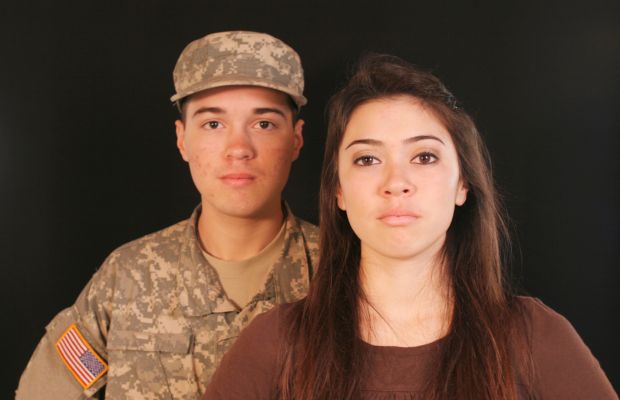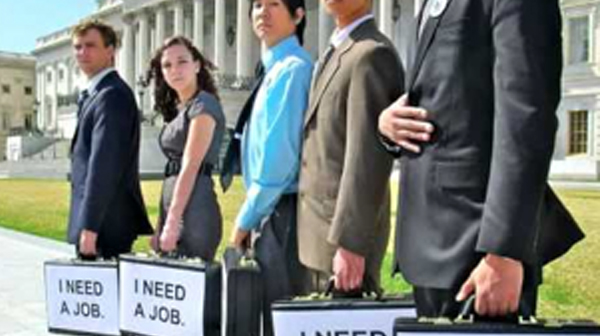 In any workplace environment, it’s important there must be a camaraderie built between the people who work together. They don’t need to go out after work and grab beers together, but they should at least feel comfortable talking to one another and working together.
In any workplace environment, it’s important there must be a camaraderie built between the people who work together. They don’t need to go out after work and grab beers together, but they should at least feel comfortable talking to one another and working together.
If you’ve never worked closely with or personally met a military veteran, it can be tough to find a shared interest right off the bat. It’s natural for you to think that talking to the veteran about his or her military service is the best way to build a relationship, but if you’re not careful you can do more harm than good.
Here are some things you should and should not say to military veterans, whether in the workplace or at something as casual as a barbecue.
DO NOT ask about killing someone or someone who died
This seems like a no-brainer, but you would be surprised how many military veterans say they’ve been asked a question along this line of thinking.
- Have you ever killed someone?
- What does it feel like to kill someone?
- Have you ever seen someone killed?
- What’s the worst thing that happened to you over there?
Another one along this line of thinking:
- Do you have any friends that died?
Business Insider talked to several veterans who say this shows that people may not have a full grasp on the personal issues veterans face after returning including PTSD.
Think about it. Would you ask anyone else these questions? No. They sound creepy. Stay away from this line of thinking.
DO ask about travel
There’s nothing wrong with asking a veteran if he or she traveled during their service. The site Military.com has some great questions like:
- Did you visit other countries?
- Where was your favorite place you lived?
This is a great way to try and find common ground with someone new.
DO NOT speculate about a veteran’s feelings
Phrases like:
- We all owe you.
- You must be glad to be back.
- You must have gone through so much.
- Do you have PTSD?
These all sound good in theory but can do more harm to a relationship than good.
According to Business Insider’s survey of veterans, there are times that “…well-intentioned adulation can go too far.” Veterans also say that returning home after military service can sometimes be disorienting and tough so phrases like these can sound more patronizing than friendly.
DO ask about the person’s connection to the military
You don’t have to avoid questions about the military altogether, in fact, asking about a person’s connection to the military is a good thing.
- How long did you serve?
- What branch of the military did you serve in?
- Why did you choose that branch?
- Do you come from a military family?
It’s a great way to get to know someone with questions that aren’t too personal, but still show you’re interested in finding out more about the person.
DO NOT treat a female veteran differently
The military is not just for men, it’s for women too. Diversity Inc. points out that you should not talk to a female veteran as though she were invading a man’s world.
- Why did you join, isn’t the military is a job for men?
- You’re a mother/wife, how could you leave your family while you were deployed?
- How did your husband/boyfriend feel about you being around all those men?
Women are just as capable as men and they should be treated as such.
DO ask about other interests
While being a veteran is a very important status to many former members of the military, it’s only one aspect of their lives. Veterans are people with a variety of interests. Don’t be afraid to ask about hobbies, favorite sports teams or families.
While a person’s military service is a great jumping-off point for a conversation, it doesn’t have to be the only thing you talk about.






